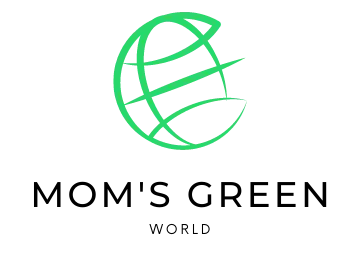Nasal congestion can be a common and concerning issue in babies, especially during the colder months. Let’s explore safe and effective ways to alleviate this discomfort in infants.
[toc]
Key Takeaways
- Learn why babies get nasal congestion and its potential impact on their health.
- Discover safe methods to relieve nasal congestion in babies.
- Understand when to seek medical advice for persistent nasal issues.
Causes of Nasal Congestion in Babies
Environmental Factors
- Babies often experience nasal congestion due to dry or low-humidity environments, dust, perfume, or smoke.
- Congestion can disrupt sleep and feeding, potentially affecting the baby’s development.
Relieving Nasal Congestion
Using Saline Solutions
- Moisturize your baby’s nostrils with saline (saltwater) solutions, available at pharmacies.
- You can use small tube saline sprays or apply saline with a syringe and nasal adapter.
- Gently administer the saline in each nostril and allow it to drain, clearing the congestion.
Alternative Home Remedy
- Mix a teaspoon of salt in a cup of boiled and cooled water. Use a dropper to apply the solution gently to the baby’s nostrils.
- A warm bath can also help loosen mucus and secretions.
What Helps Relieve Nasal Congestion?
Breastfeeding and Sleeping Position
- Breast milk contains elements that can protect against illnesses.
- Elevating the head of the baby’s bed and frequent breastfeeding can help alleviate congestion.
Room Ventilation
- Regularly airing out the baby’s room can be beneficial.
- Once the congestion clears, any associated wheezing should gradually disappear, improving sleep and comfort.
When to Consult a Doctor
Persistent Congestion and Wheezing
- If the baby’s nasal congestion and wheezing continue, it’s important to consult a doctor.
- Remember, persistent symptoms may indicate underlying health issues.

